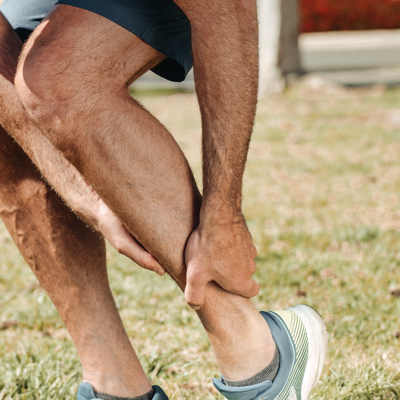In a word NO! But that wouldn’t make for a particularly interesting (or indeed balanced) post… Caveat to my single word, “No – unless you have a clinically diagnosed medical condition which indicates you should restrict Gluten from your diet.” So that would be your Dr (not the local faith healer or Karen at the gym) telling you to not eat Gluten.
I was prompted to write this post, having seen an informative handout from FitPro (available for you to download from Resources). Often, when discussing weight loss people ask me about cutting out particular food groups, in the recent past this was around the dreaded “Keto Era”, but we now seem to have moved into another new weight loss fad – the Gluten Free diet.
So to be clear on this, to lose wight you need to (1) control your calorific intake to create a calorific deficit: Eat Slightly Less Calories Than You Use. (2) Use the calories you are going to eat to ensure that you consume a nutritionally balanced diet: Eat adequate amounts of Protein, Fats, Carbohydrates and Roughage (…and don’t forget Vitamins & Minerals).
Of course I realise that this advice is far from “sexy” and does not offer you a “quick fix” to your obesity and therefore will seem less attractive to some than the 30-day Fat Furnace Mega (fad) Diet. But it is guaranteed to work and supported by undeniable biological reality.
Back to Gluten…
- If you are unfortunate enough to suffer from Coeliac Disease (approximately 1% of the population), then naturally (under medical supervision) you should not be consuming Gluten
- If you have a Wheat allergy (even rarer at around 0.1%) then working with a medical professional, removing Gluten from you diet may well be an appropriate response.
- Finally the “gluten sensitive” or “gluten intolerant” person. Reporting symptoms after (knowingly) consuming Gluten, with no reliable clinical diagnosis, is a growing population of people. Some will have become genuinely Gluten Sensitive, but I would suggest many may have been persuaded that they are Gluten sensitive… In recent times sales of “Gluten Free” products as become a huge growth sector within the food industry.
Can there really be a reason for people becoming more sensitive to Gluten in recent times? Generally the amount of Wheat that people are consuming has increased and perhaps that has led to a sensitisation (through over consumption). But the fact that we are favouring Wheat heavy diets is more a reflection of not adopting a balanced diet rather than necesarrily anything else. Therefore if we were to apply the principle of “everything in moderation” we may find that we don’t oversensitise our bodies. Sugar would equally fall into this type of behaviour; yes many processed convenience foods have “hidden” sugar. But the problem may well be less to do with “hidden” sugars and more to do with our food choices around pre-prepared convenience foods.
The irony of adopting a Gluten Free Fad Diet (when you have no clinical need to avoid Gluten) is that you may well in the medium and long term gain weight. By replacing products with specially engineered “gluten free” versions you run the risk of increasing your Sugar and Fat intake.
Is it inevitable you will get fatter on a Gluten Free diet? Of course not! If you read food labels, pay attention to what you are eating (calories & content), and ensure that you are consuming an appropriate number of calories, covering the appropriate rations of Carbs, Proteins, Fats and Roughage then you will be just fine… Of course if you did that in the first place; for a large number of self diagnosed “gluten avoiders” you would not have talked yourself into needing another fad diet!!
Happy Eating 🙂
ABOUT ED
Ed Stivala is a Personal Trainer & England Athletic qualified Coach. His practice specialises in performance coaching for runners of all levels, as well as general fitness coaching for non-runners. He also holds qualifications in Cycle Coaching, Nutrition and Swim Instruction.
When not Coaching, he competes in Duathlon and plays golf very badly!



